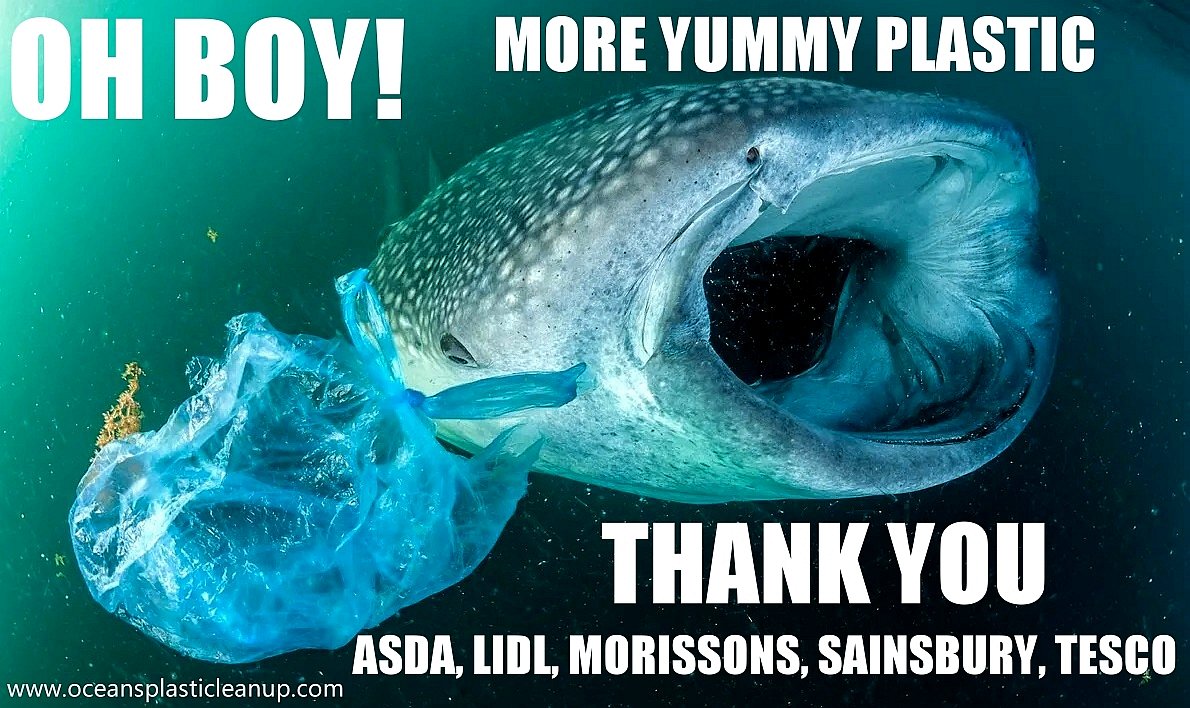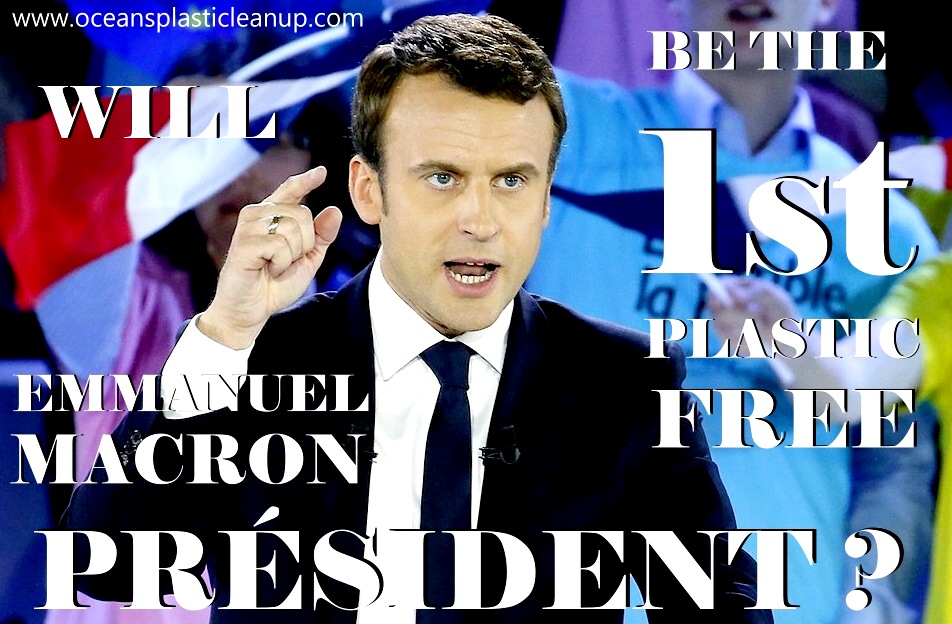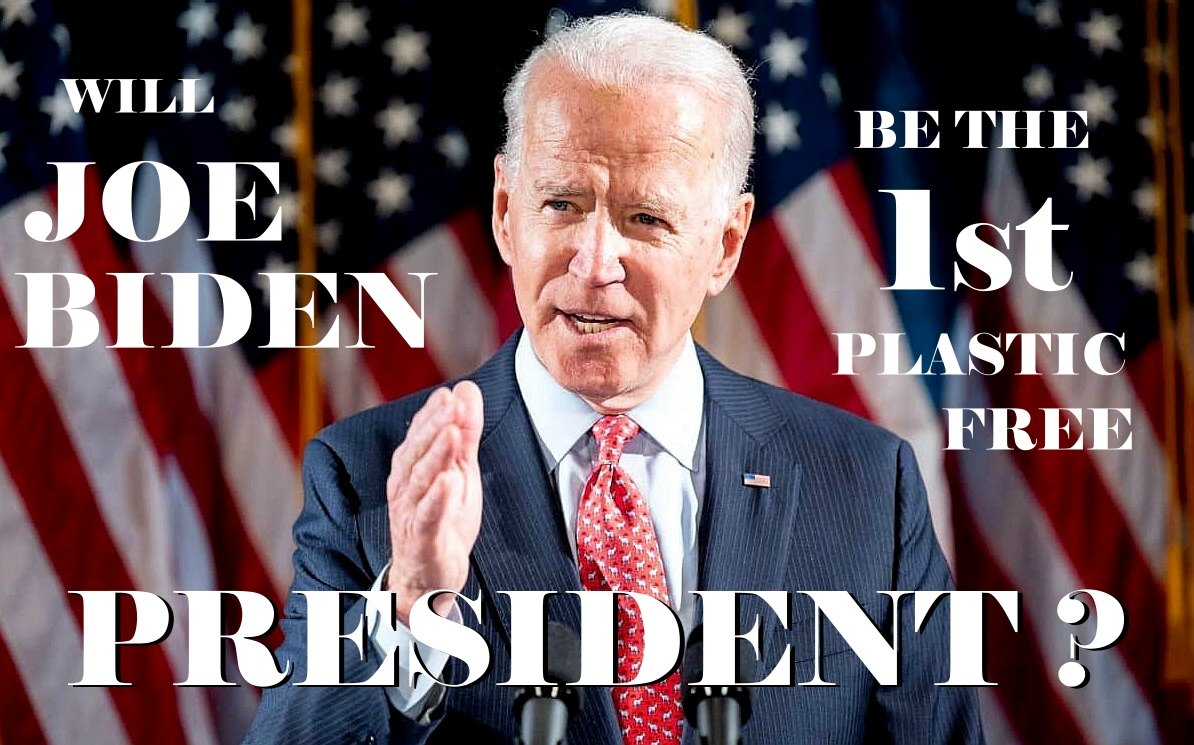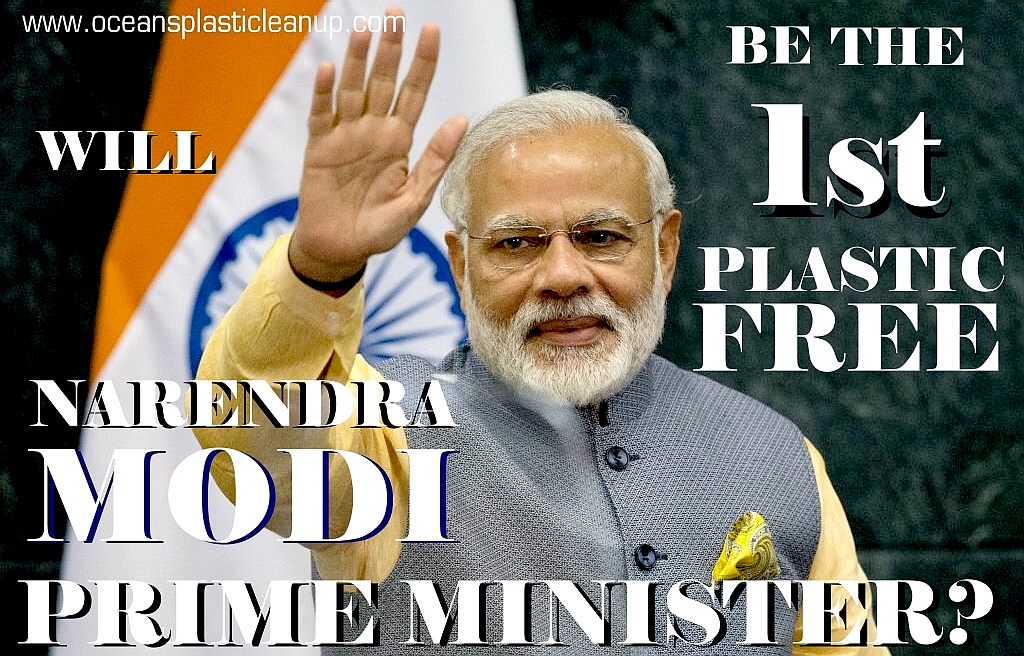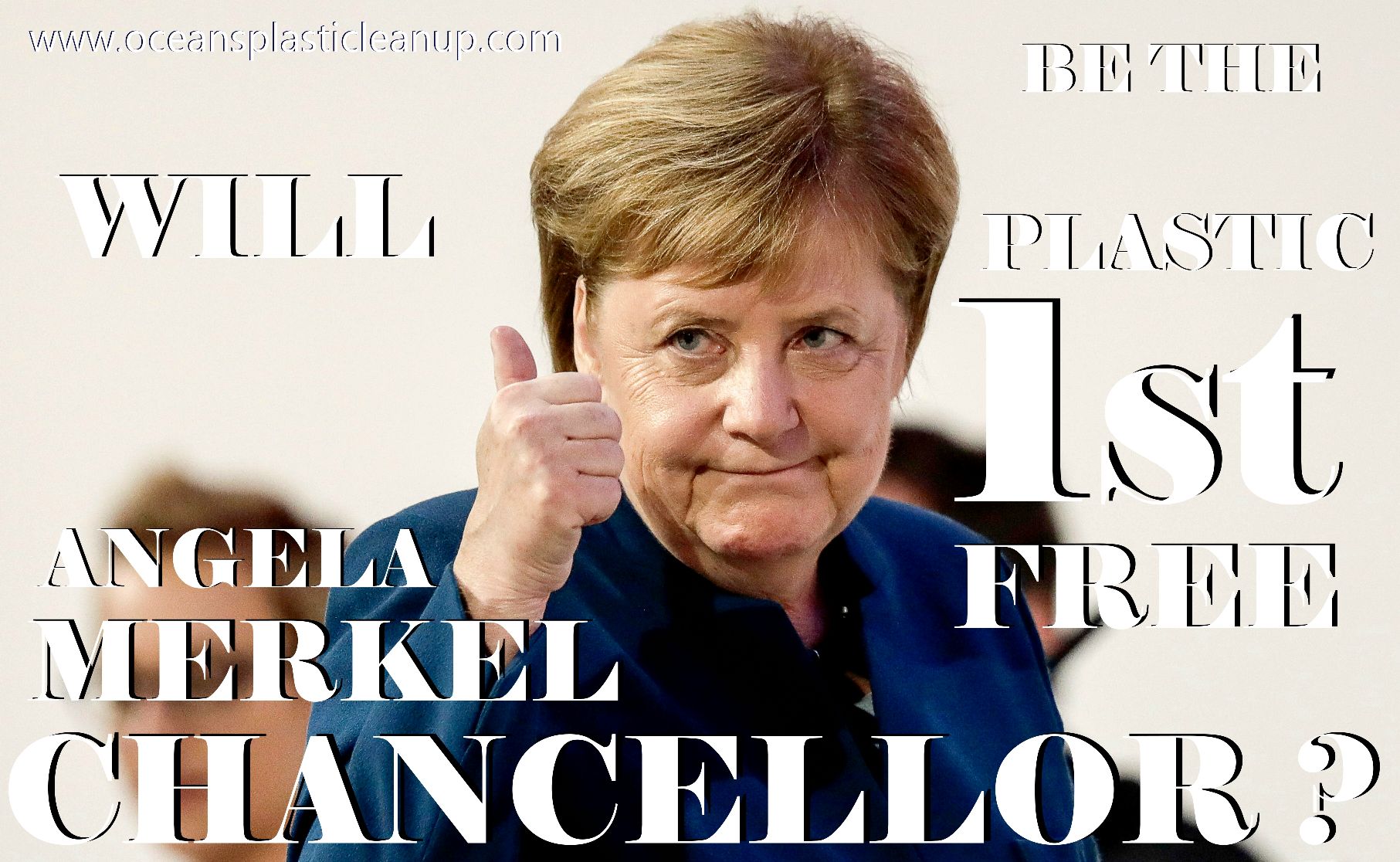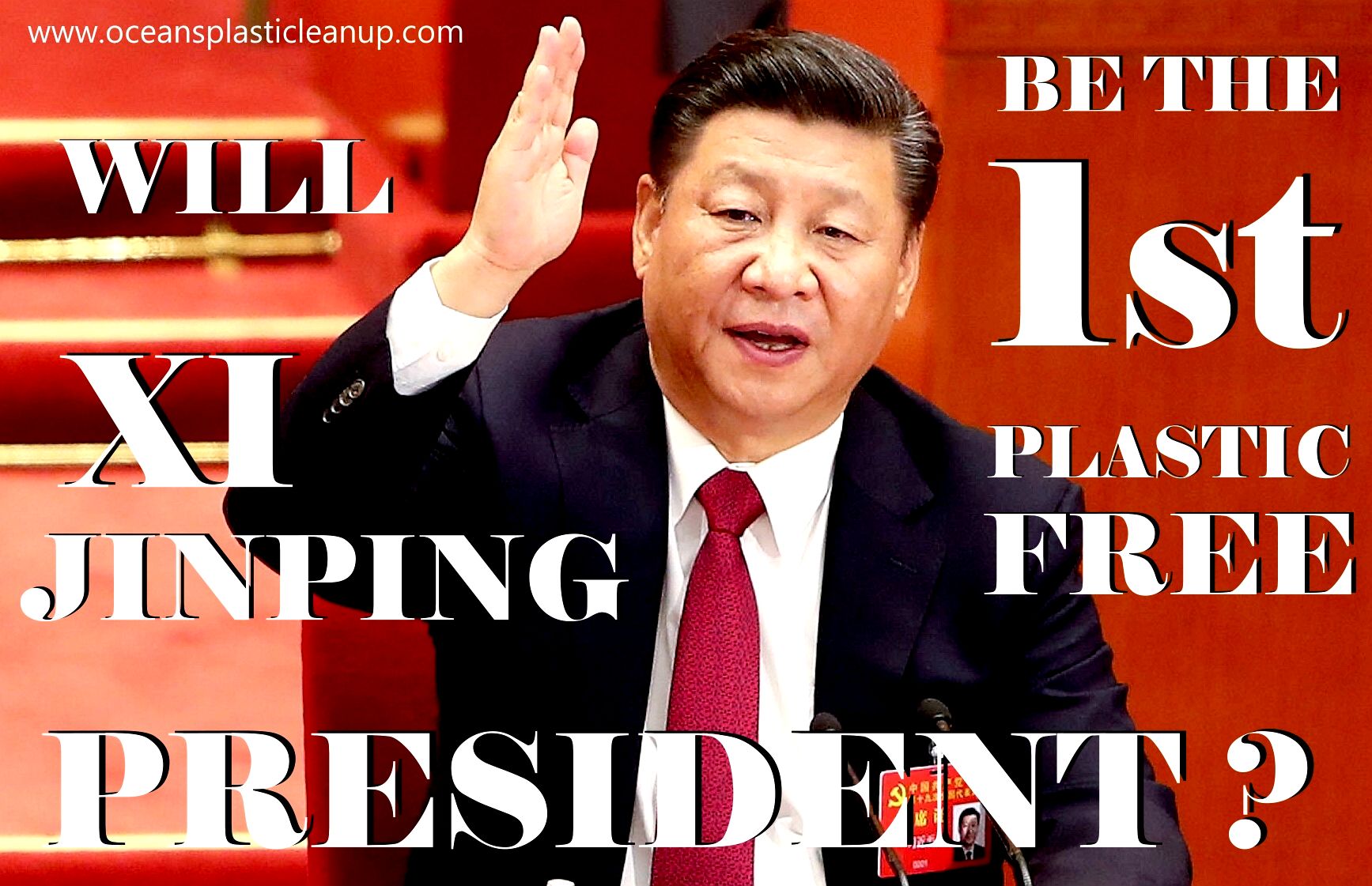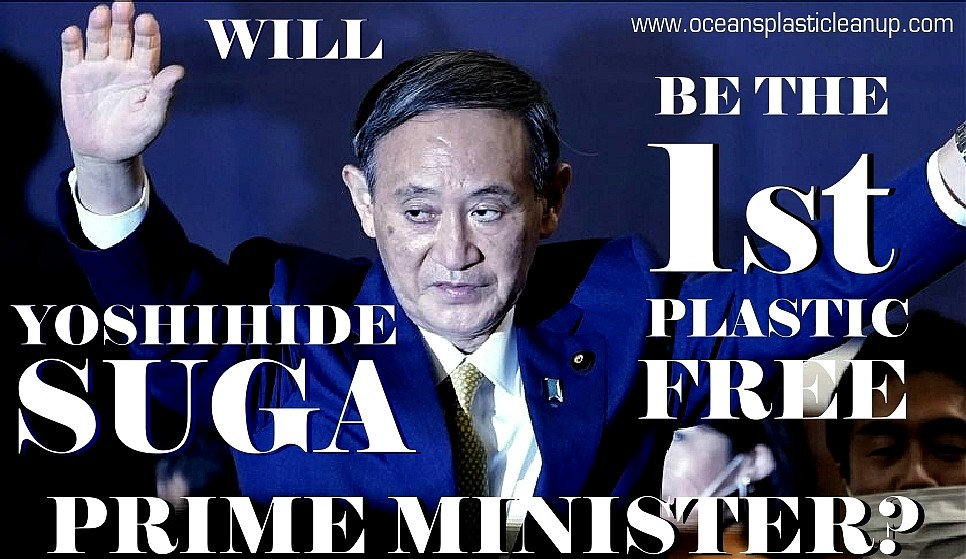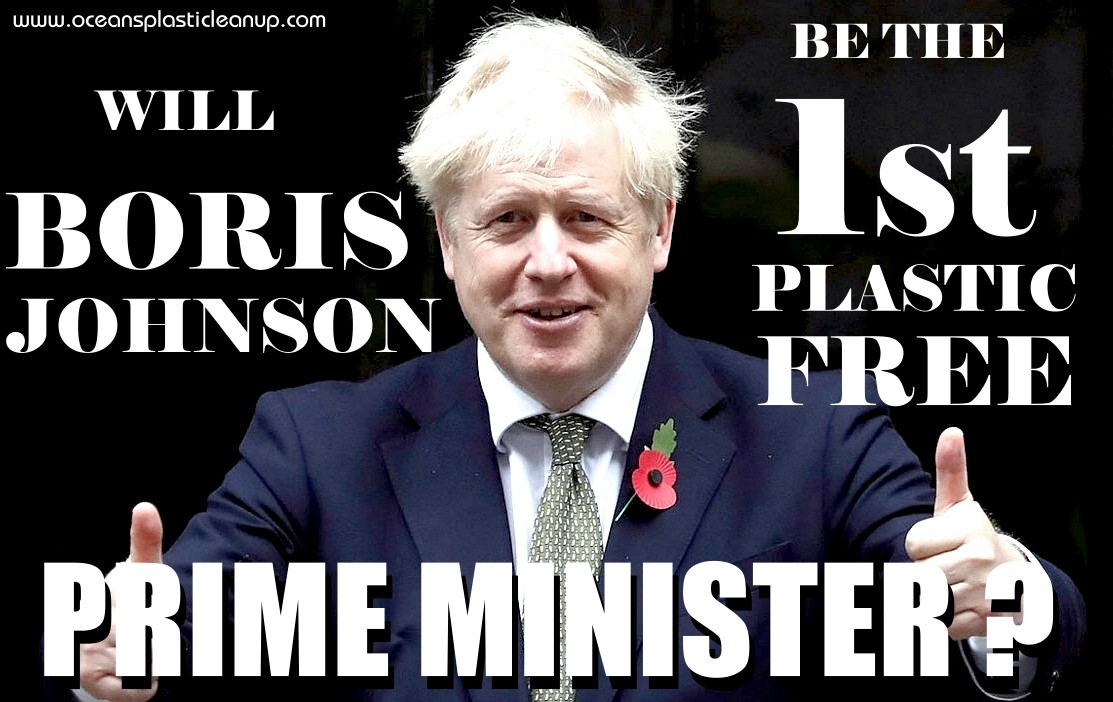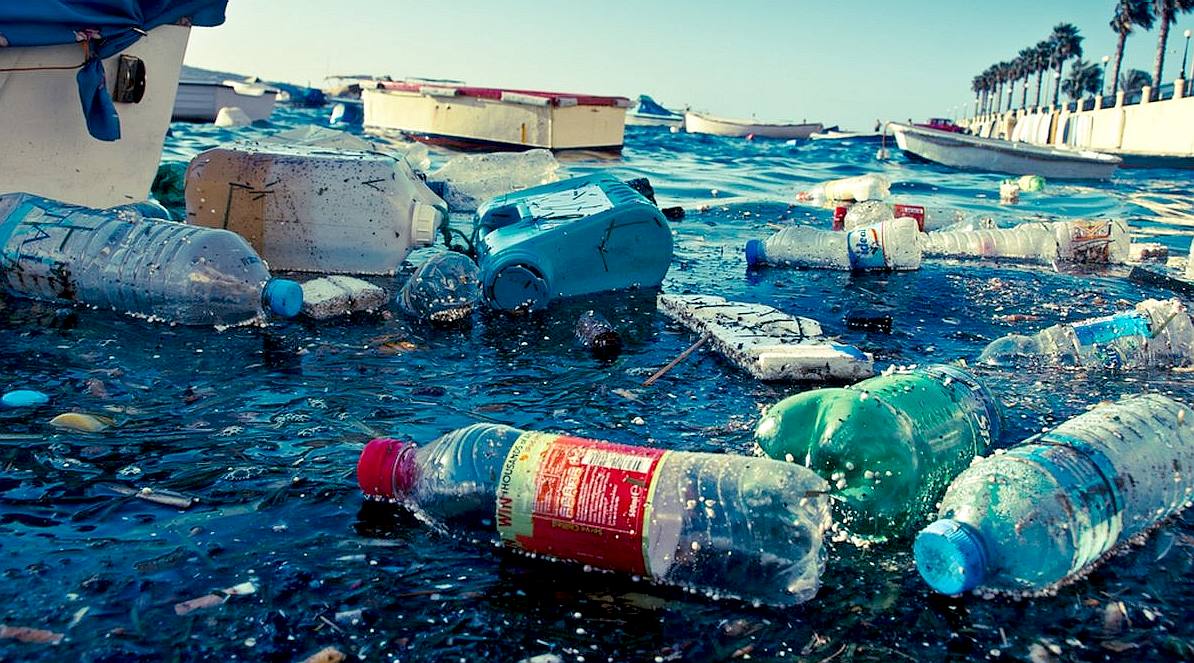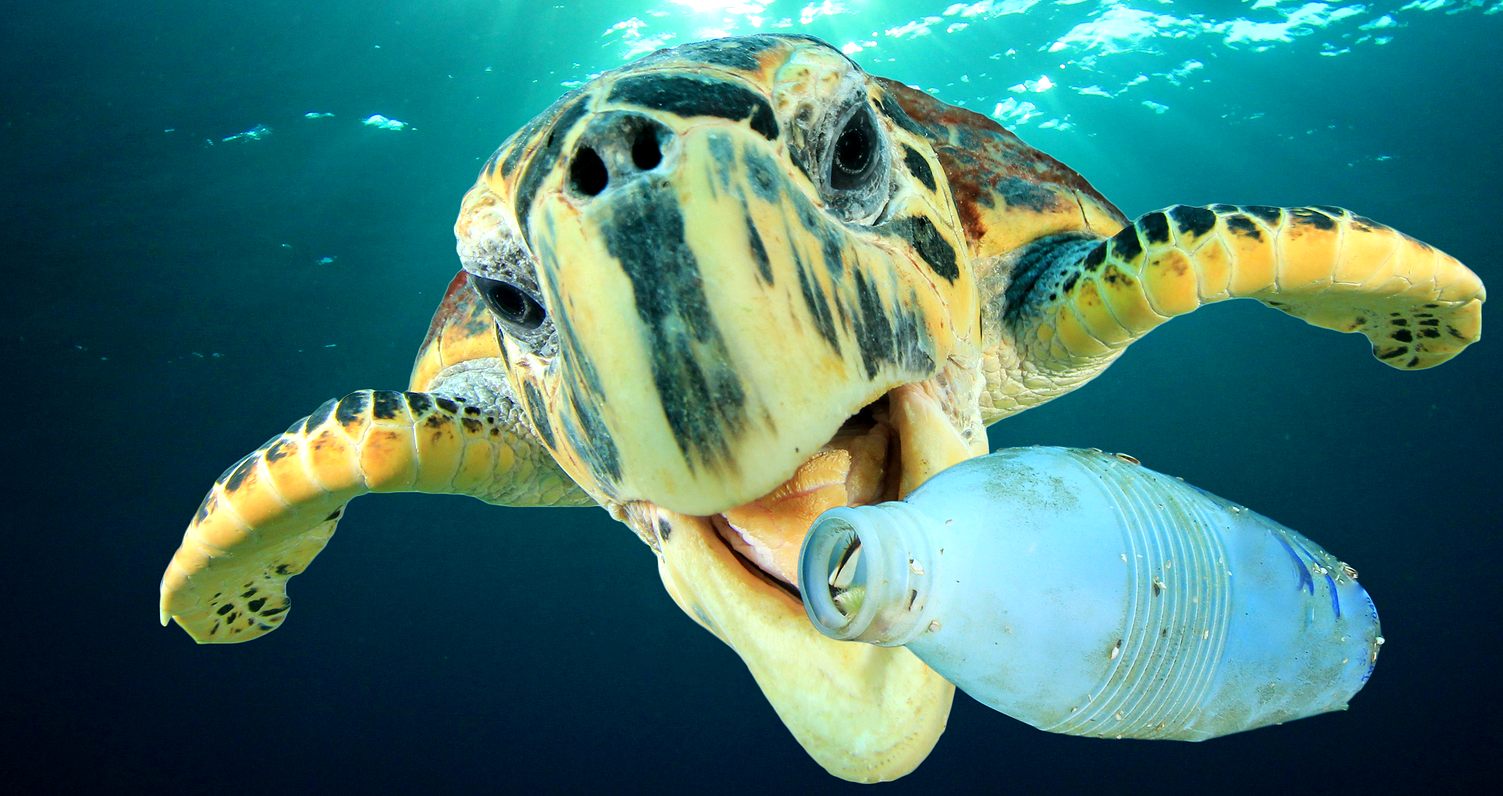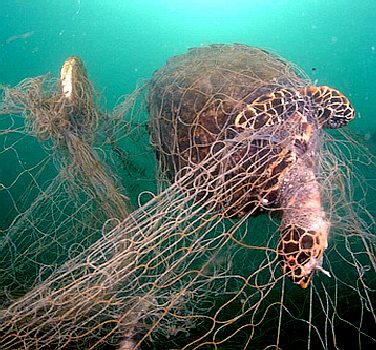|
SEVEN 7 POINT PLASTIC PLAN
PLEASE USE OUR A-Z INDEX TO NAVIGATE THIS SITE, OR SEE HOME
|
|
CAMPAIGN FOR ZERO WASTE - Supermarkets and oil companies have a lot to answer for. Politicians must explain why they let the retailers and fossil fuel industry get away with a practice they know to be harmful to marine life. Companies are largely driven by money and greed, their shareholders often kept in the dark. All the while millions of seabirds are dying, polar bears are playing with plastic and even shellfish have become inedible in some locations. This is morally unsound!
After the Second World War, humans were finally given the right to life internationally and legally, via the 1948 Universal Declaration of Human Rights, brought into being by the United Nations members as signatories. This came about because of the atrocities committed by Nazi Germany and others countries during hostilities, ending with Hiroshima and Nagasaki, the mass taking of life by nuclear weapons.*
In 1946, whales were (sort of) protected by the International Convention for the Regulation of Whaling (ICRW) and the International Whaling Commission. In the USA, they introduced the Endangered Species Act in 1973. Unfortunately, these measures have not stopped some nations killing whales illegally.
We aver that other marine animals also have the right to life, and should not have to become endangered to protect them from humans. We also offer that humans should be protected from ingesting poisons as a result of the folly of policy makers, who appear to want to take us to the brink of extinction before putting in place appropriate safety mechanisms.
Surely though, prevention is better than cure?
For this reason we believe that it is expedient to enact laws most urgently, to be recognized internationally by a majority of UN member nations - and therefore propose a 'Plastic Free Oceans Treaty' in draft form, for consideration of the Members, to protect us from a system that is seriously flawed, hoping to create a moral world, less influenced by capitalist institutions, and more driven by sustainable ideals aimed at preventing unnecessary suffering.
|
|
1.
Supermarket packaging transformation (back) to paper predominantly
|
|
There is no point just talking about it, we need action. The US is one of the worst offenders. Their Environmental Protection Agency tells their plastic recycling rate is just 8%. Where more than 90% of plastics is buried, burned or released into the environment. Dirty Birtie!
The federal government is the single largest purchaser of goods and services in the US, spending more than $450 billion on products and services each
year, meaning that buying policy could hugely impact on producers.
In the next 10 years, the petrochemical industry plans to increase plastics production by at least 35%, with more than 300 new projects slated for the
United States alone. Using cheap fracked gas, the new and expanded facilities planned by the industry produce raw material for an endless deluge of throwaway plastic, approximately 40%
of which is discarded within minutes. This dirty industry disproportionately fouls the
air and water of poor communities and communities of color.
Voluntary measures like Operation Clean Sweep, small scale financial contributions like the industry-backed ALLIANCE to End Plastic
Waste, and the plastics industry’s promotion of “chemical recycling” and “waste to
energy” are all dangerous distractions from the massive, global plastic pollution problem we need to face. We
need to place the responsibility where it belongs: on the industry that generates the waste.
Petrochemical companies continue
to locate new and expanded plastics facilities near existing fossil fuel infrastructure,
which means they are targeting the Gulf Coast, Appalachia, the Ohio River Valley, and other communities that already shoulder a heavy burden of oil, gas, and plastic industry pollution. Across the
United
States, these facilities are often located in and have a disproportionate
impact on low-income and minority neighborhoods.
HELP US LOBBY FOR A CHANGE IN THE LAW -
With SeaVax falling at the capitalization hurdle, it is doubtful that the millions of tons of extant ocean plastic will ever be recovered. There is no point us banging our heads on walls, it just hurts.
Hence, a change of tack - the next battle we face is turning off the tap - as a damage limitation exercise. What you discard locally today, a polar bear, birds, fish and whales, are eating tomorrow an ocean away.
This is a problem that so far nobody has succeeded with. Wiping away the tears for all those poor marine animals living in the plastic soup, we must concentrate on preventing the prediction that there will be more plastic that fish in the ocean by 2050.
Polluted oceans are driving insecurity from the communities suffering from hunger, to warlords capitalizing on the increasingly scarce resources. These impacts become the drivers of local conflicts which can be cultivated to escalate violence into wars for political control.
We need tougher MARPOL legislation and enforcement, to prevent plastic from rivers flowing into the sea. We implore you to write to your MP, Senator, Prime Minister, President, Queen or King, to ask them to agree to introduce laws and rules that make it illegal in their countries to allow river waste (including microplastics) into territorial waters - and from there into international waters. A law like this is sure to trigger the introduction of monitoring, barriers and cleaning operations with equitable rewards for any organization providing such services. So far your leaders have demonstrated that they don't give a jot, and will not tackle the monopoly enjoyed by their political backers.
INDUSTRY
Manufacturers
should look to replace single use plastic in packaging wherever
practical. Supermarkets should look for alternative packaging if it
would not detract from the quality of produce or make them
uncompetitive. They might support a
plastic-oil circular economy with recycling depositories at their stores.
INDIFFERENCE - Tangled in a societal maze and cemented by big business oligarchs, what chance does an oyster or muscle stand, let alone a turtle, where they cannot speak, write, or vote.
You can speak for them by not purchasing goods in packaged in plastic, unless it is responsibly recycled, and by fitting a filter to your domestic machines, where they empty to a sewage treatment system.
GOVERNMENT APATHY
Governments
simply don't care enough at the moment to revise their policies, because it's
cheaper to take a dump in the ocean and heaven forbid, spend money on filtration for
the sake of biodiversity.
Politicians are reeling from climate change, they know that nobody can see them
dumping waste in the oceans, and it underpins their frail economies to continue
to do so - for the sake of getting re-elected.
It's all about power, not lives. They will continue to slaughter defenseless
animals, so long as the electorate continue to do nothing. Doing nothing is the
same as agreeing with the slaughter. That is why we had World War Two, the moral
world finally had to act to stop Nazi
Germany invading and taking over the less able in Europe,
leading to concentration
camps, to eliminate political opponents and genocide
on an industrial scale. The perceived apathy will only change with a food crises and poisoned fish being declared carcinogenically inedible by the World Health Organization. I.e. with cancer victims falling like Covid-19 victims, taking up hospital beds. And even then that will only be because of the rising Healthcare bills. Governments actually seem to like it when elderly vulnerable patients bite the dust early. It's like ethnic cleansing, but legal. Or is it. Is it legal to engineer a situation where people die earlier?
*
Nuclear weapons
have recently been outlawed by the UN, with some nations, including the
UK and USA, refusing to comply with the wishes of the majority nations,
presumably
fearful of thermonuclear annihilation by China and Russia. Hence, we've
a ways to go on disarmament and radiation cleanup operations to make planet
earth safe. HARBOURS - The ocean washes up a small percentage of plastic flotsam to remind us of our sins. All the beach and marina cleaning is unable to keep up with the dumping in our rivers, which ends up swirling about the seven seas.
|
|
|
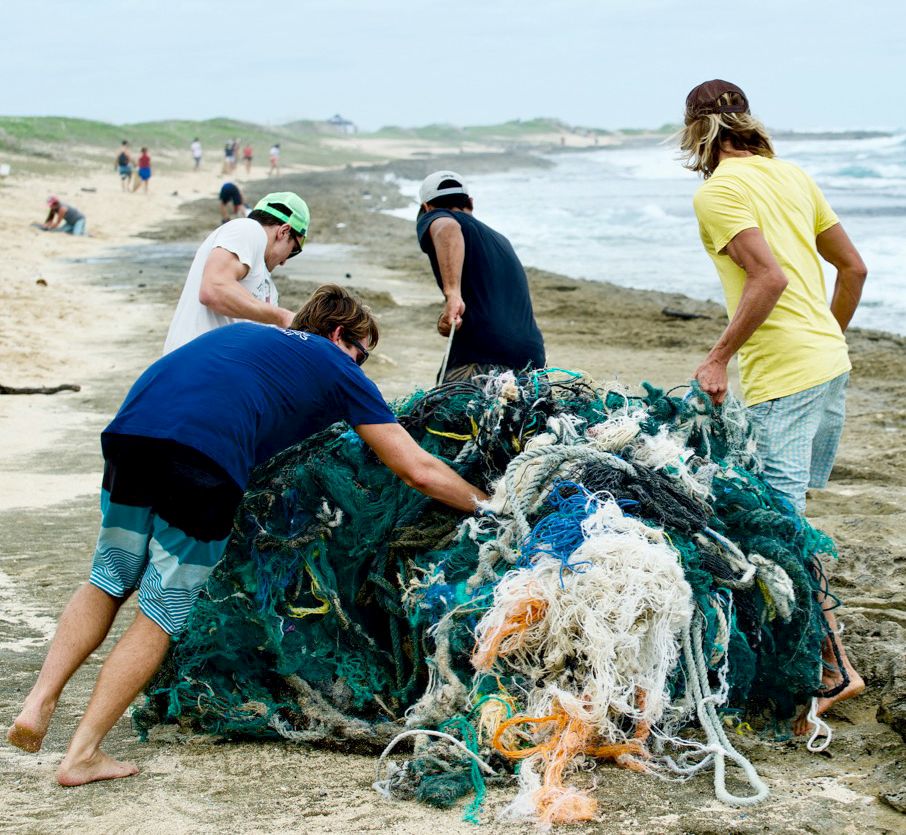
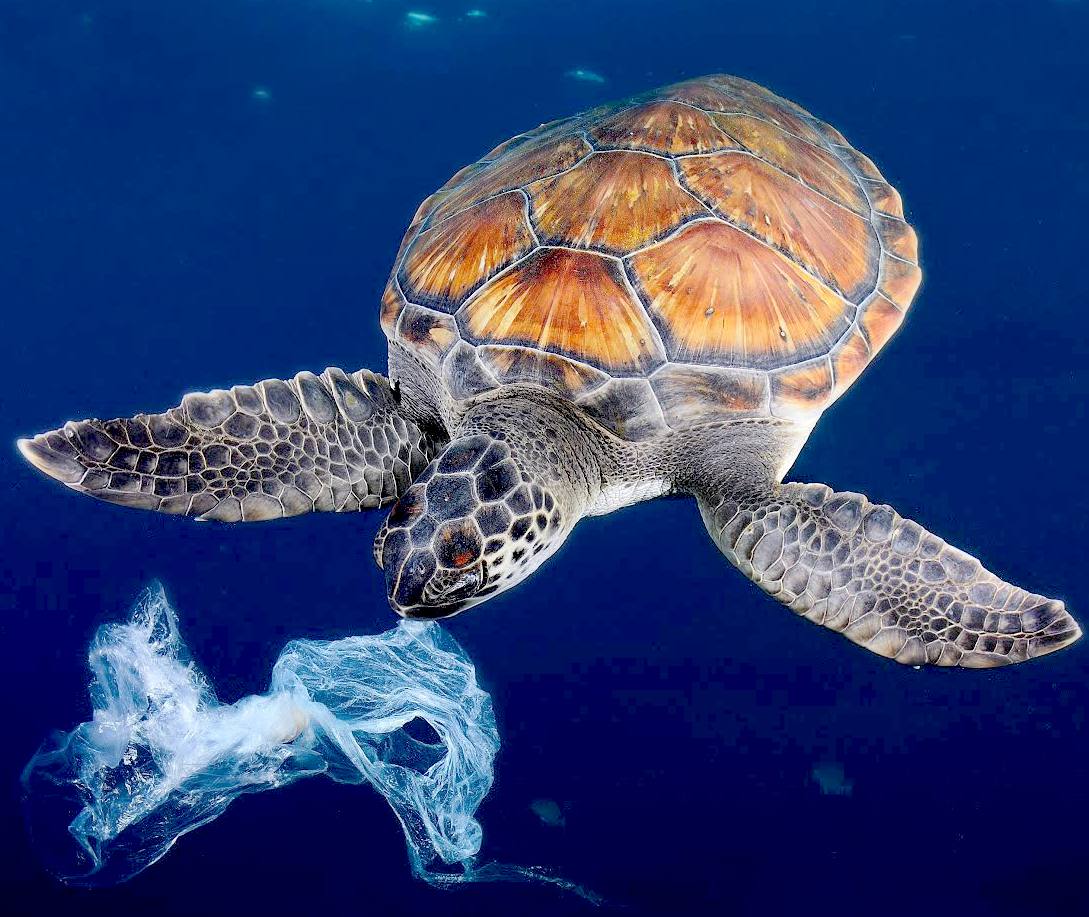
PLASTIC SNACKS - Below the waves and out of sight, marine life is eating plastic like there is no tomorrow, and there may well be, if nothing is done about it. Nets are trapping and suffocating wildlife and beaches are strewn with fishing discards and plastic flotsam. Big business is responsible, but not so much as the politicians who allowed this situation to develop.
|
|
|
PLEASE USE OUR A-Z INDEX TO NAVIGATE THIS SITE
This website is provided on a free basis as a public information service. copyright © Cleaner Oceans Foundation Ltd (COFL) (Company No: 4674774) 2021. Solar Studios, BN271RF, United Kingdom. COFL is a company without share capital whose founding objects are charitable, being not-for-profit.
|
